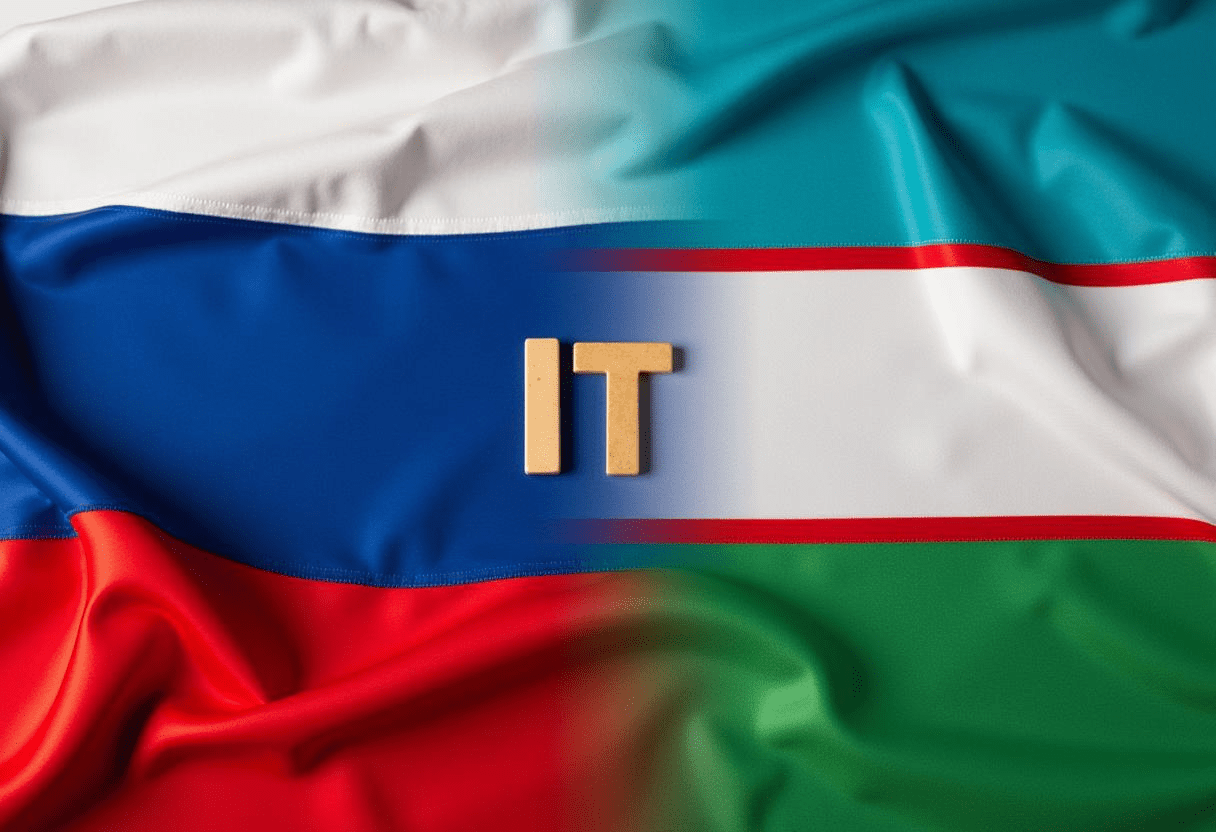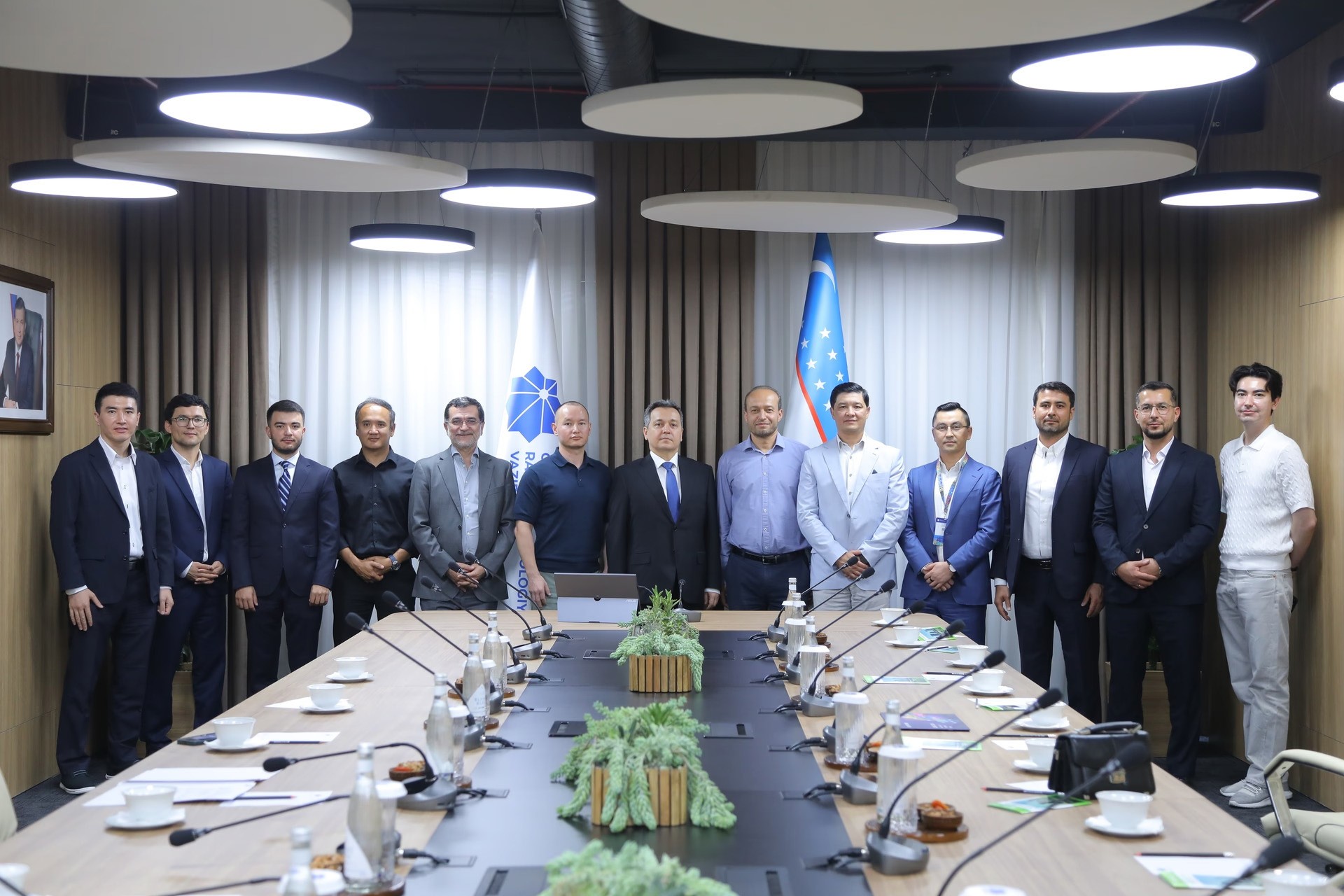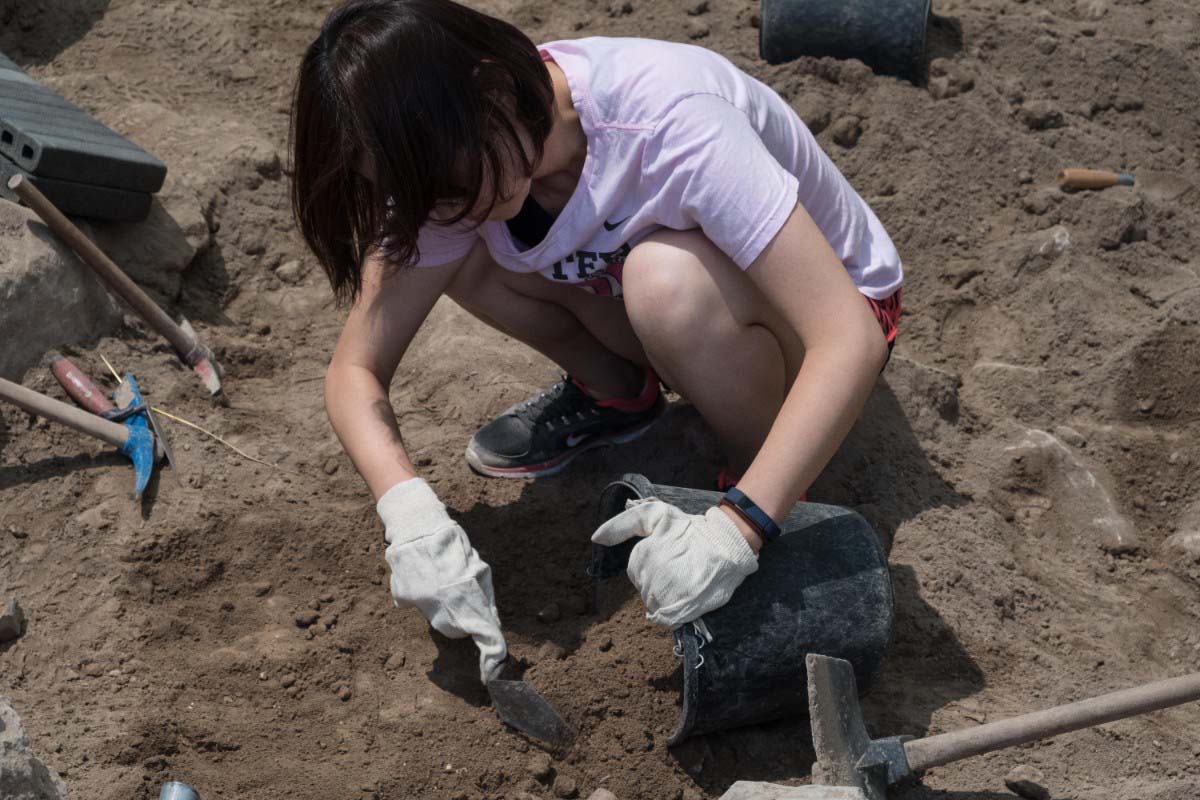Uzbekistan, Turkmenistan and Azerbaijan have agreed to form a new regional alliance with a focus on developing transport and logistics infrastructure, strengthening transit potential and supporting sustainable exports. The decision to create the format was made during a series of diplomatic meetings, culminating in a trilateral summit in the Avaza national tourist area.
The visit of the heads of state — Ilham Aliyev and Shavkat Mirziyoyev-at the invitation of the Chairman of the Khalk Maslahaty Gurbanguly Berdimuhamedov was a continuation of the initiative announced earlier at the Third UN Conference on Landlocked Countries. The central theme of the dialogue was the creation of efficient transport routes between China, South Asia, the Middle East and Europe through the territory of the three countries.
The President of Uzbekistan stressed that combining existing and new transport corridors will create a reliable platform for expanding transit operations. Uzbekistan is already taking concrete steps: a railway connection with China is being built, and memoranda have been signed with Pakistan and Afghanistan on the development of the Trans-Afghan Corridor. These measures are aimed at loading the logistics infrastructure and creating a single multimodal network.
The key element of the strategy was the Middle Route with the participation of the Zangezur corridor and the development of ferry services across the Caspian Sea. Measures to modernize the ports in Baku and Turkmenbashi, increase their capacity, digitalize logistics processes and unify tariff policy are discussed. Uzbekistan expressed its readiness to reduce tariffs to stimulate foreign economic activity.
One of the main challenges for these projects is the environmental degradation of the Caspian Sea. Lowering the water level is already increasing the cost of sea transportation and in the long run may threaten the sustainability of the entire trans-Caspian logistics architecture. Turkmenistan's proposal to convene an emergency summit of the Caspian littoral States did not receive adequate support, which indicates difficulties in international environmental coordination in the region.
The energy agenda included the development of green energy and joint exploration on the Caspian shelf. Turkmenistan outlined the potential for exporting renewable energy sources to Europe, including in the context of the broad Global Gateway initiative, which is actively promoted by the European Union.
The emerging alliance does not yet have an institutional design, but its political and strategic significance is obvious. Uzbekistan, which has no direct access to the sea, gets access to sea routes through Turkmenistan and further-Azerbaijan, which significantly expands the logistics capabilities of the republic.
Trade indicators between the two countries are still limited: the trade turnover between Azerbaijan and Turkmenistan in the first half of 2025 amounted to about $ 140 million, between Azerbaijan and Uzbekistan — $ 84.6 million, and with Turkmenistan — about $ 500 million. However, the current dynamics indicate the parties ' intention to transform the political dialogue into large-scale economic projects.
Further development of the trilateral format is expected in the framework of upcoming international events. In autumn, a summit of Central Asian countries is planned in Tashkent, where the status of Ilham Aliyev as a permanent participant in the format can be fixed. The final stage of the negotiation architecture, according to some experts, may take place in December in Ashgabat at the international forum "Peace and Trust", dedicated to the 30th anniversary of Turkmenistan's neutrality. Leaders of the EU, UN, China, Iran and other key partners are invited to the event, with the exception of Russia, whose absence from the agenda highlights the geopolitical vector of the new emerging alliance.
Given the overall context of the global reallocation of logistics routes, the strengthening of ties between Europe, Asia and the Middle East, and the evolution of energy policies, regional integration between Uzbekistan, Turkmenistan and Azerbaijan is gaining not only economic but also strategic importance.











